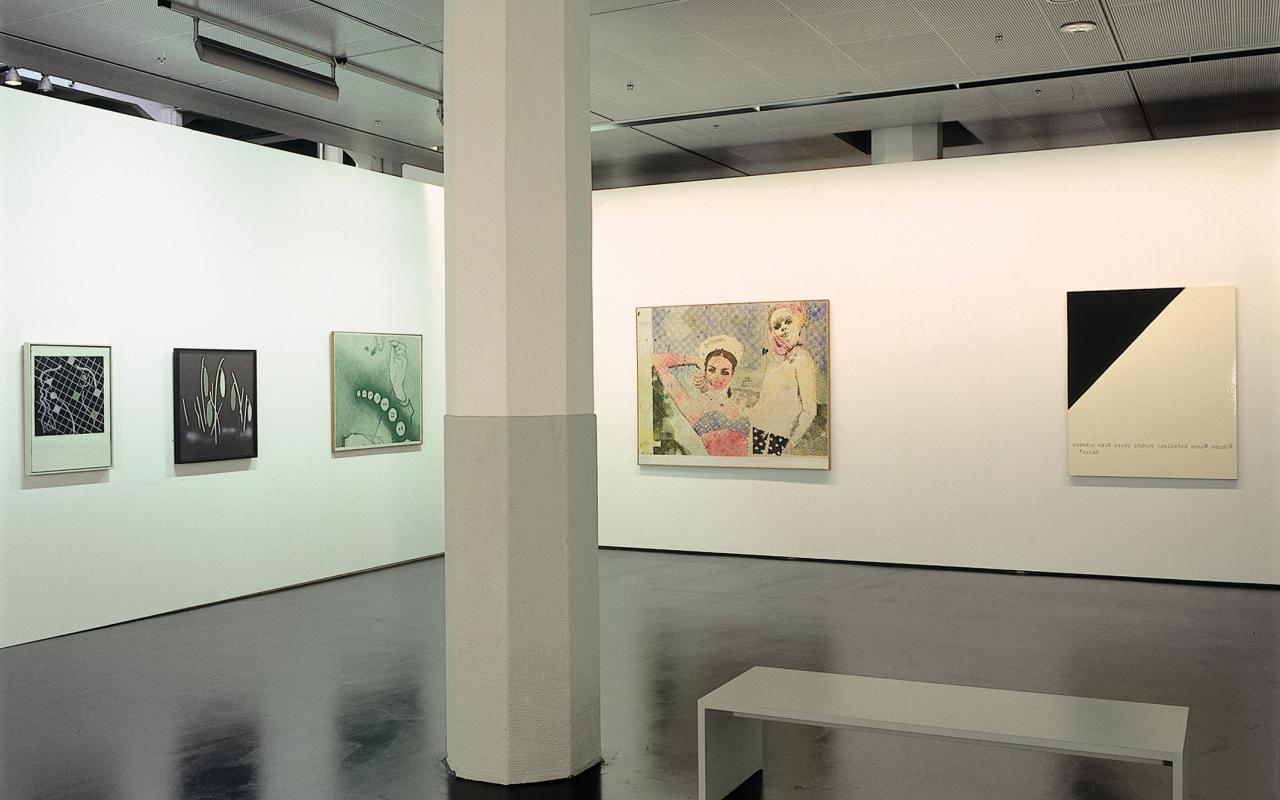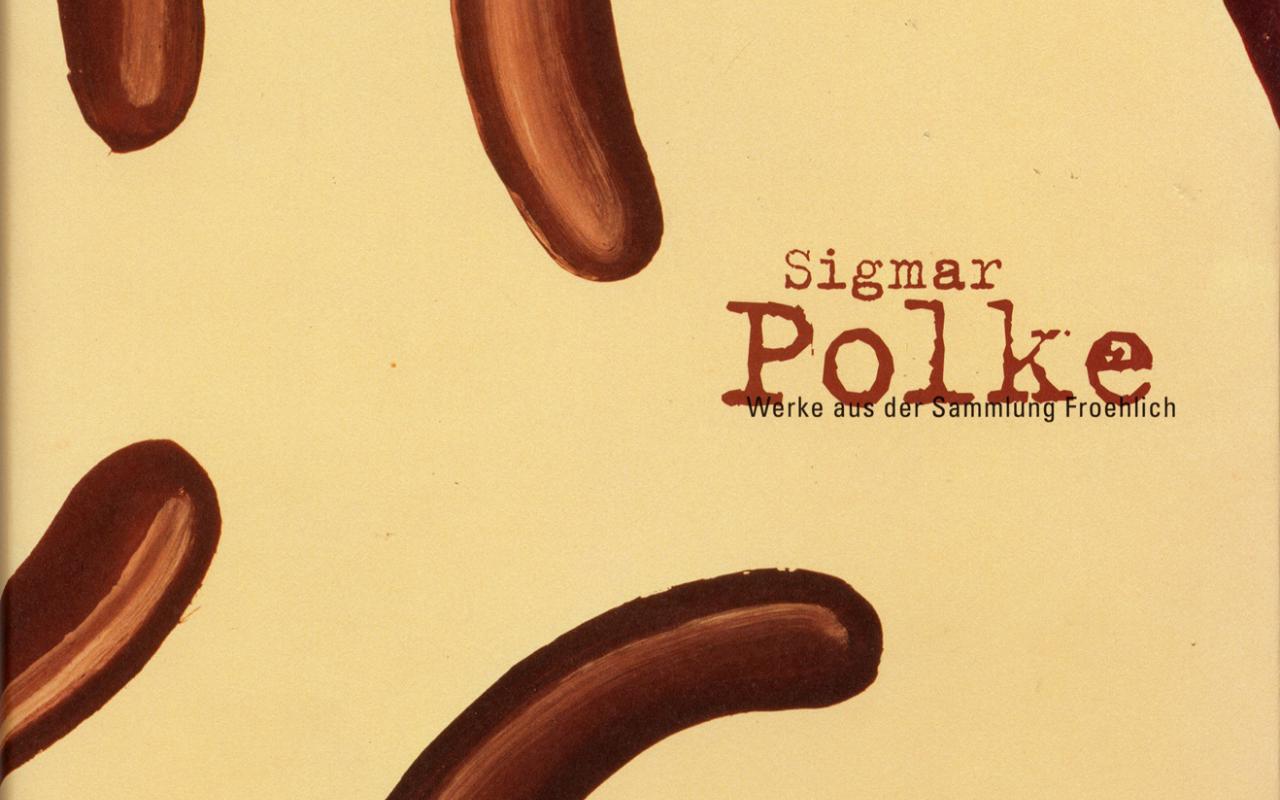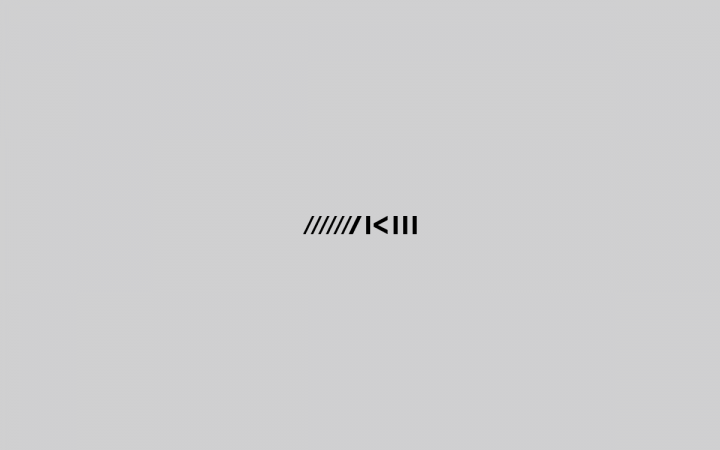
Sigmar Polke (born 1941) has been a central figure in German art ever since the appearance of his first works in the 1960s. A profound insight into the decisive stations in Polkeís development as an artist is conveyed by our exhibition, which pivots on works made in the 1960s and presents some 50 works on paper, 16 paintings and three photo-works from the Froehlich collection.
By means of his imaginative, subtle exploration into the possible ways of perceiving reality, Polke boldly and playfully re-defines what a picture is capable of achieving. With pointed wit, he communicates to the spectator that doubts about the image can be precisely what brings about an incessant re-invention of painting.
Starting with the profane material of everyday culture, Polke interprets images of reality, as opposed to reality itself, and attempts in ever-different ways to demonstrate and overcome the illusory character of the image. For this reason, his citation of styles and motifs plays an important role. In the painting »Moderne Kunst« (Modern Art), for instance, he satirizes tendencies in contemporary painting. In other pictures, the trivial visual worlds conveyed by newspaper and magazine photographs, which he breaks down into enlarged screening and dots, serve as the vehicles for the artistís flight of imagination. By reducing the mass media to their elementary structures, he points to their manipulated reality content. Similarly, the simplified, comic-like visual language of the drawings produced in the period 1963-69 are derived from advertising slogans and from the clichés churned out by the culture of mass entertainment.
Industrially produced decorative fabrics represent a further source of inspiration for Polkeís work. These intricate and brightly patterned backgrounds compete with the actual motif and in this way themselves become a subject. In other pictures, Polke questions the role of the artist as author. Recurrent themes are the potato as a metaphor for creative force, the hand as the actual producer of art, and ësuperior beingsí whose orders t he artist is obliged to execute. Polke puts an ironic distance between his work and the socially moulded notion of the artist-creator.
Experimental photography also plays an important role in his striving to display constantly new image forms. In the 14-part series »Bärenkampf« (Bear Fight), Polke works with the productivity of coincidence in the chemical process of photographic development, a pictorial technique that the artist later transferred to his work on canvas.
Polkeís oeuvre disowns stylistic aspiration of any kind. He detaches material and motifs from the original context, transports them into the realms of the grotesque, and with humour refuses to accept the criteria of traditional art.
- Credits
- Götz Adriani (Curator)
- Exhibitions team
Rainer Gabler (technical participation)
Christof Hierholzer (technical participation)
Marianne Meister (registrar)- Organization / Institution
- ZKM | Museum für Neue Kunst
- Partners
Archiv der Sammlung Froehlich, Stuttgart

